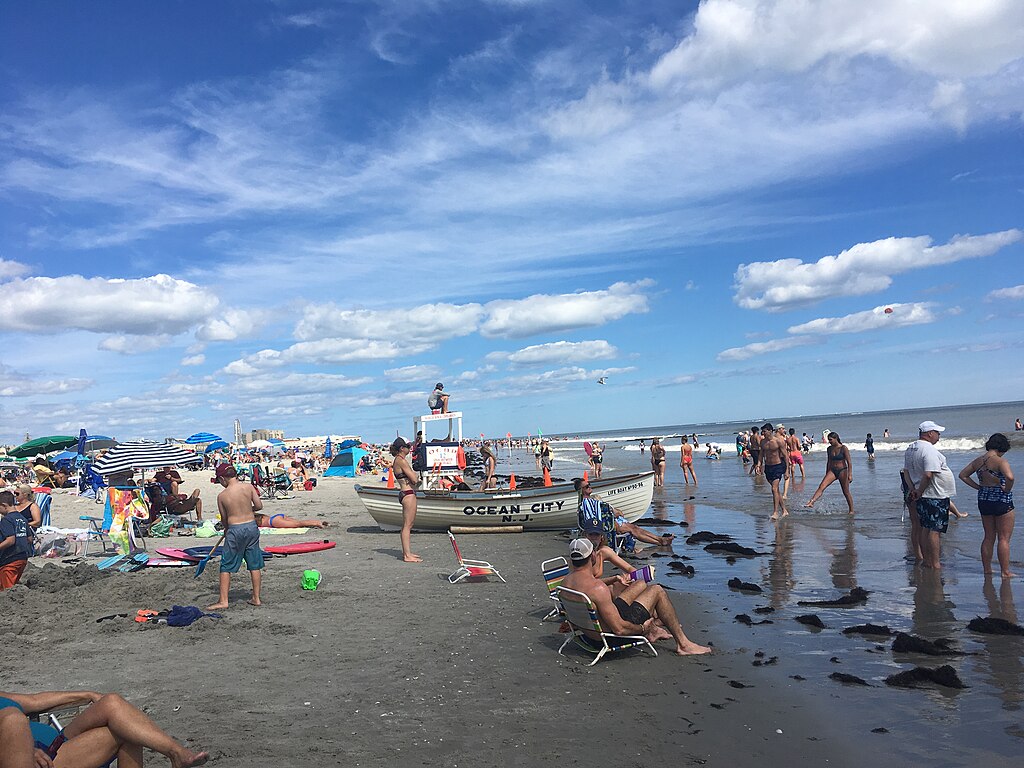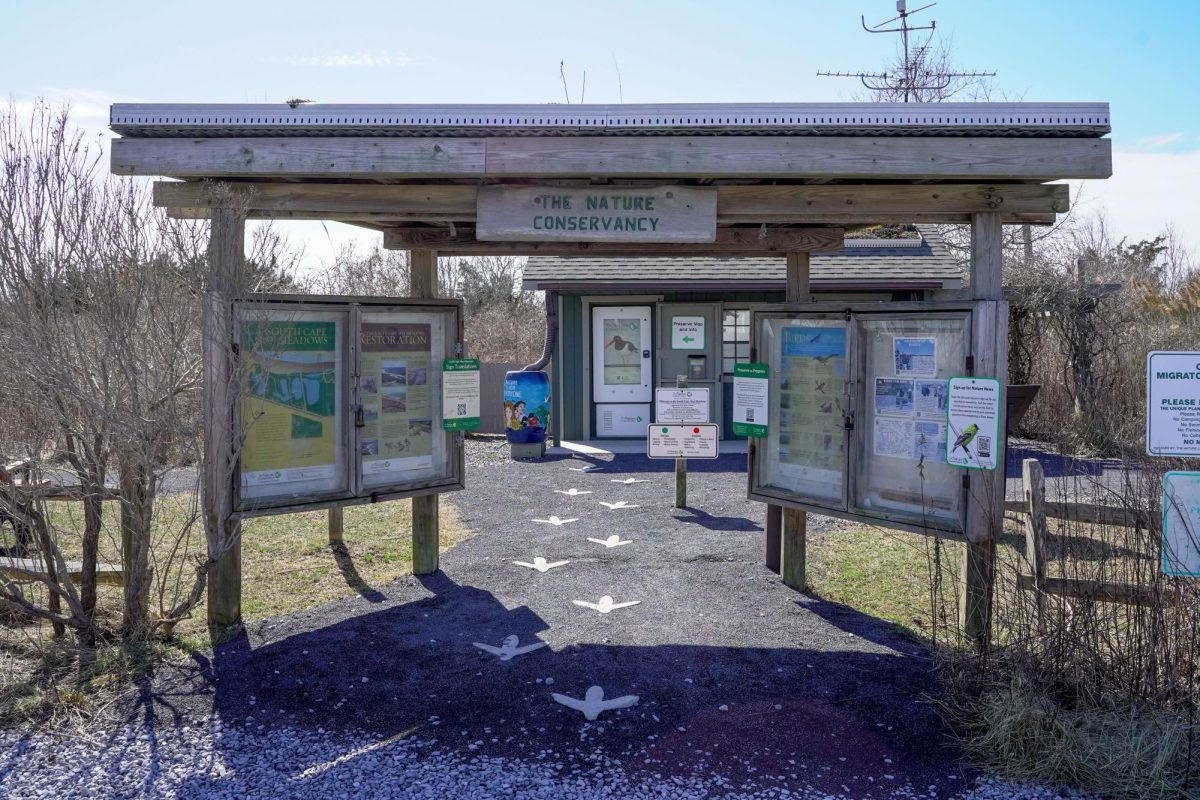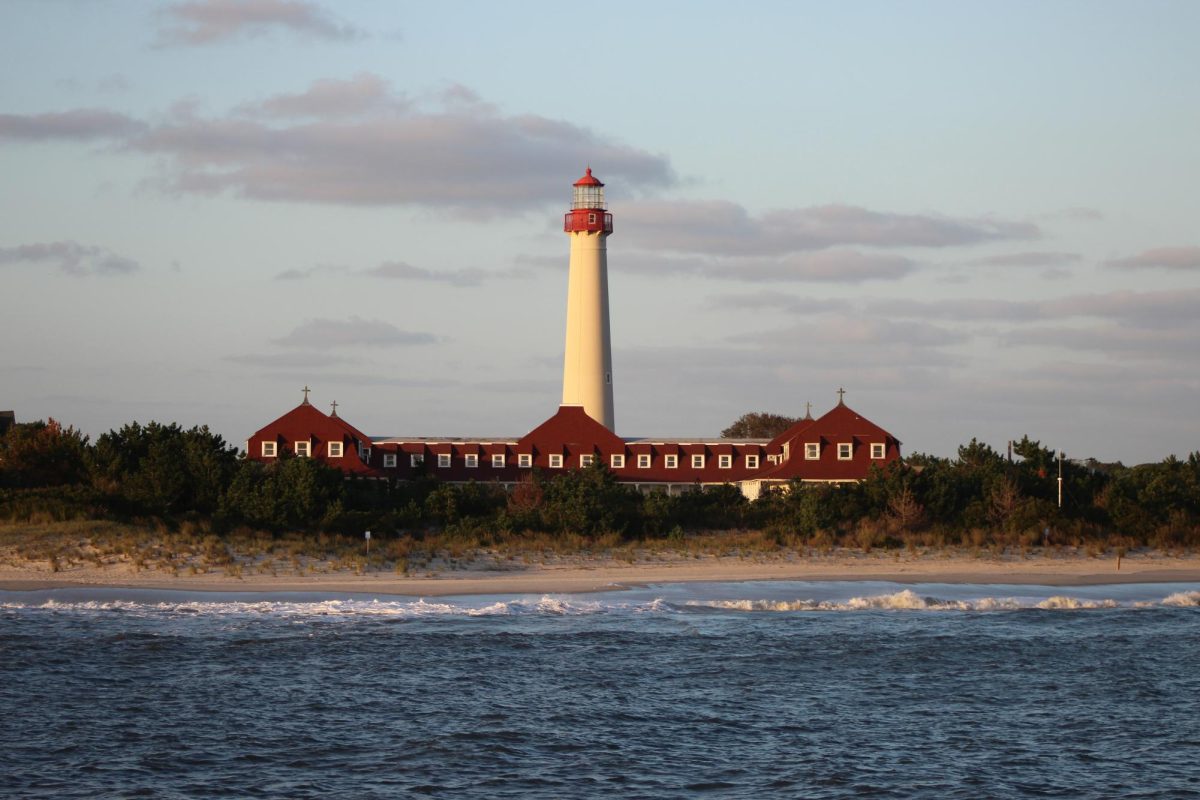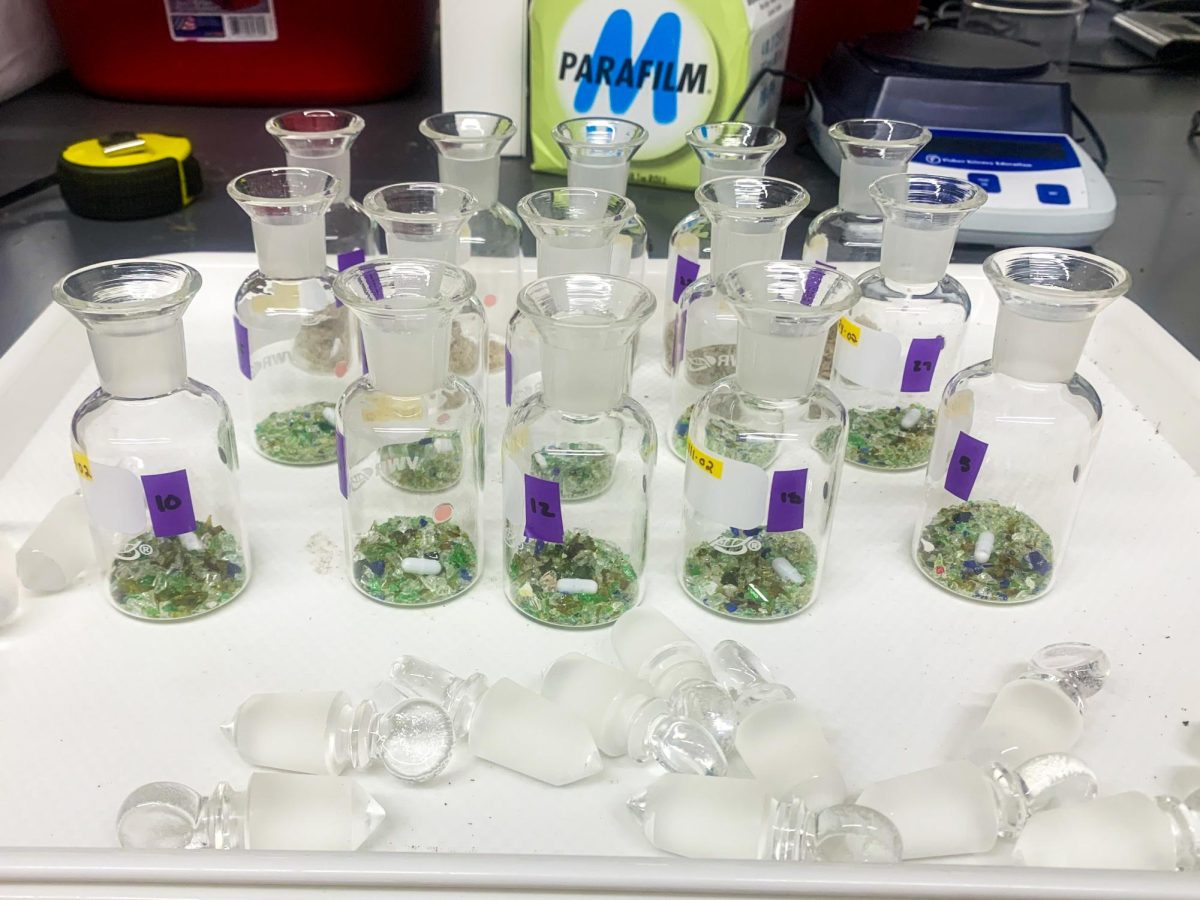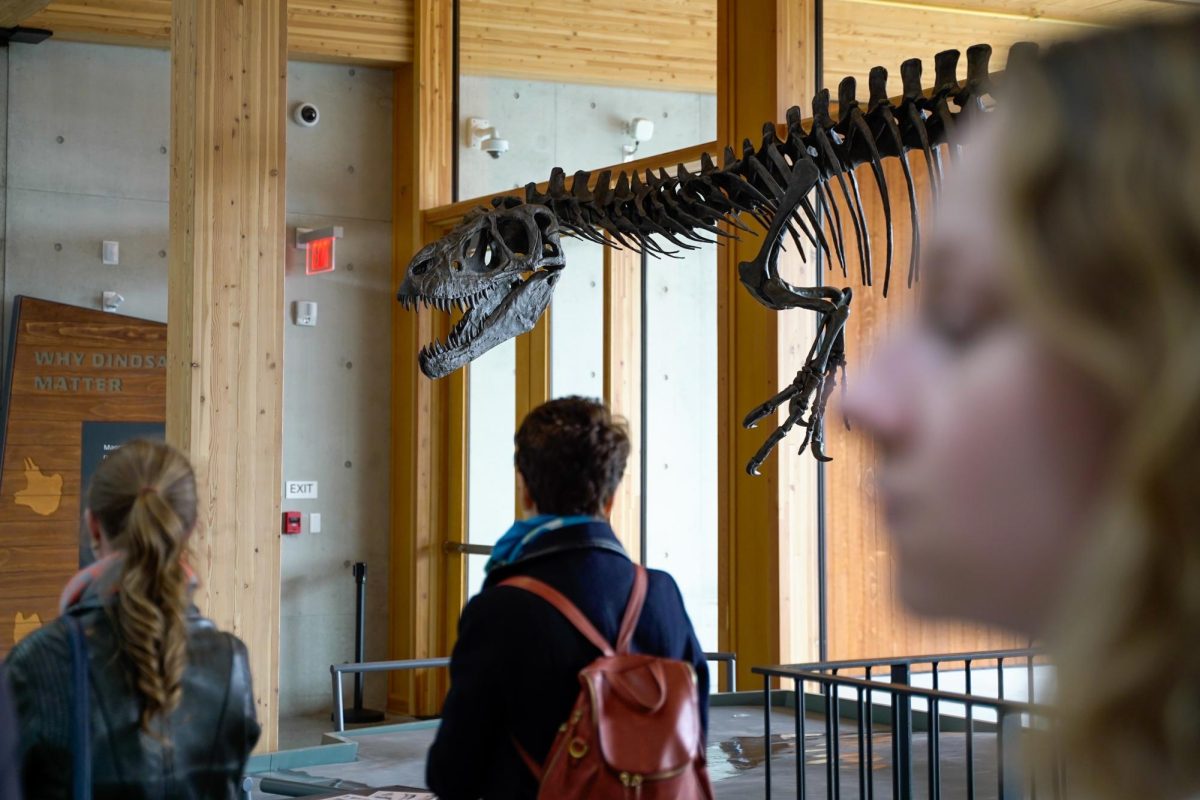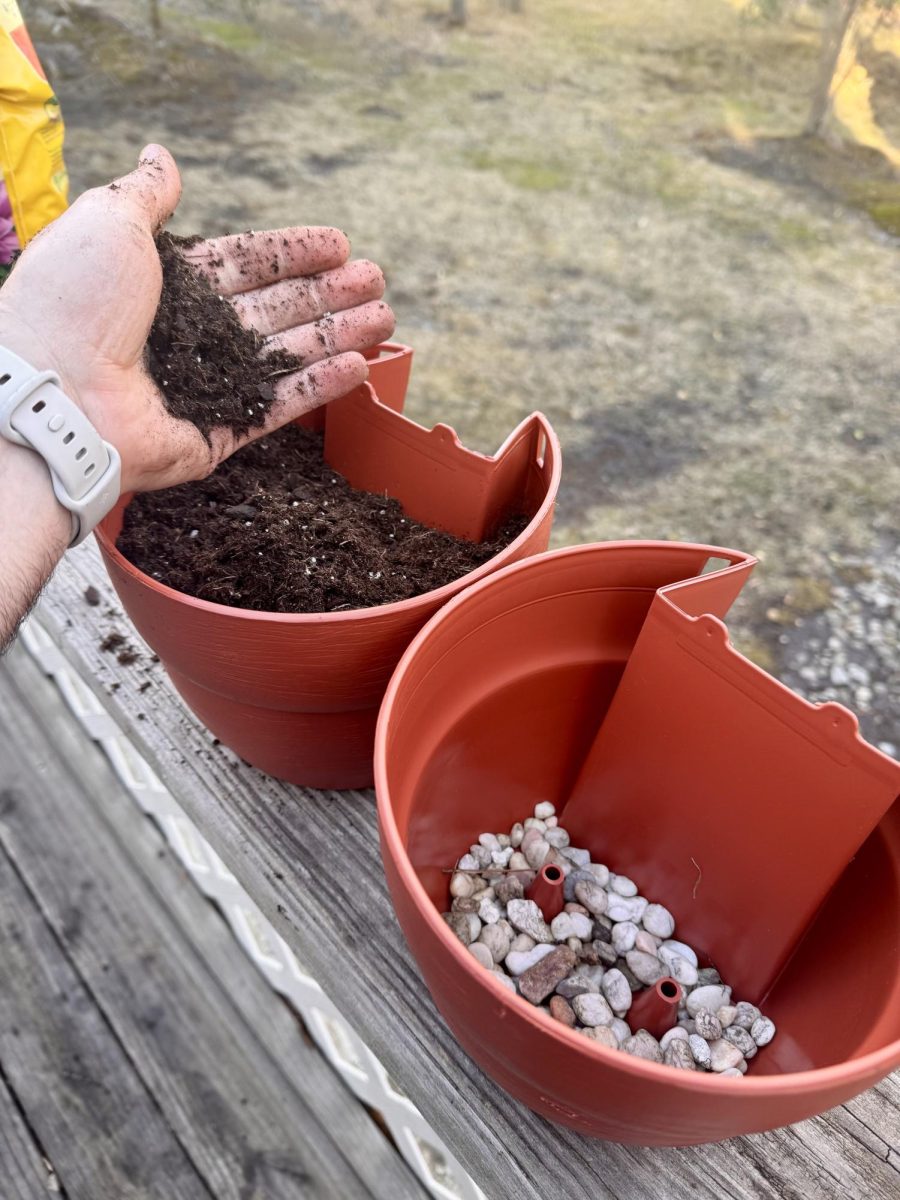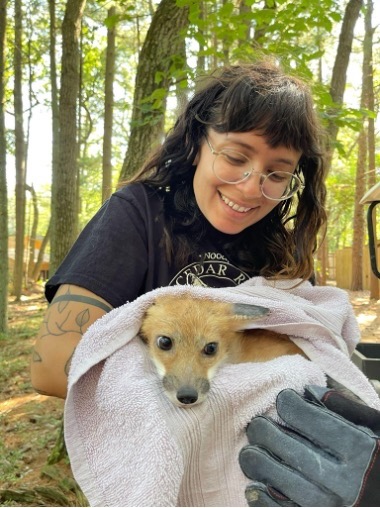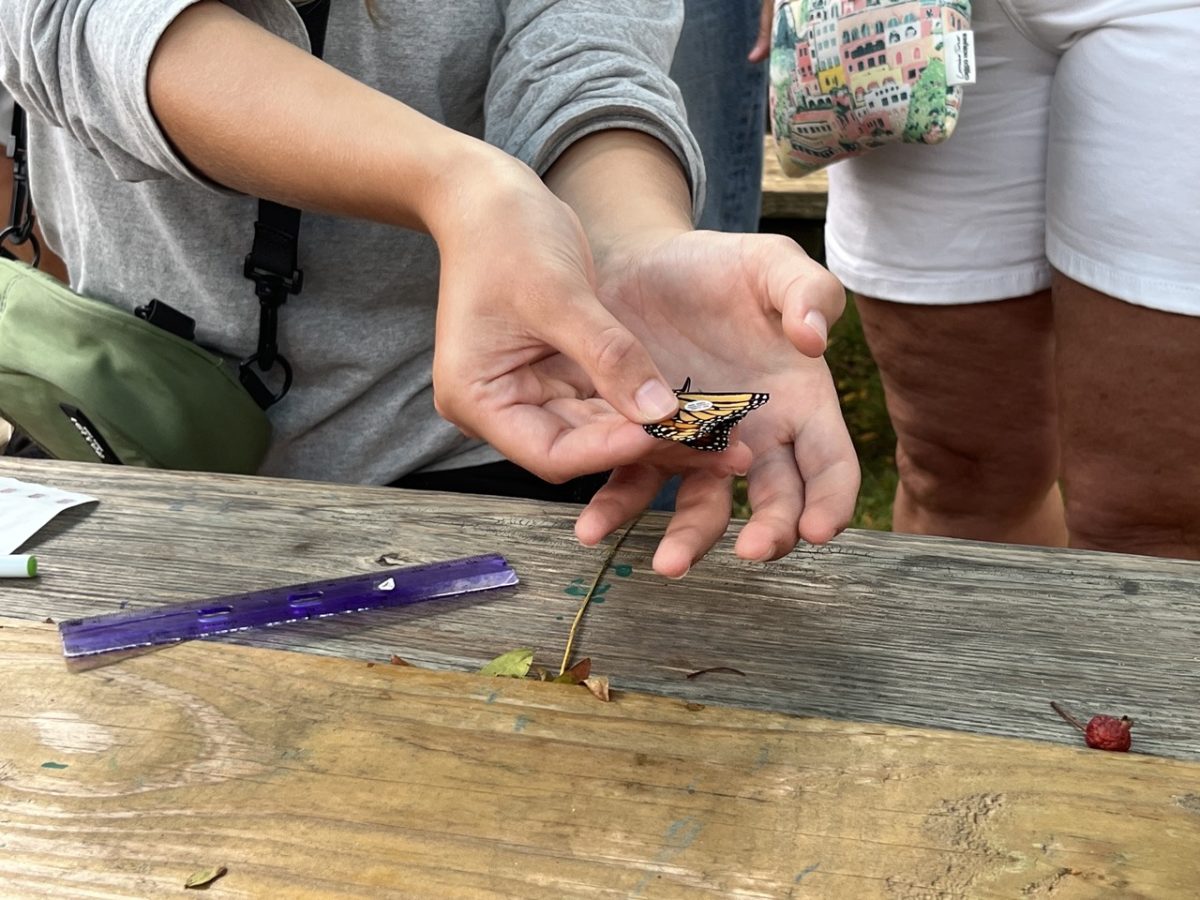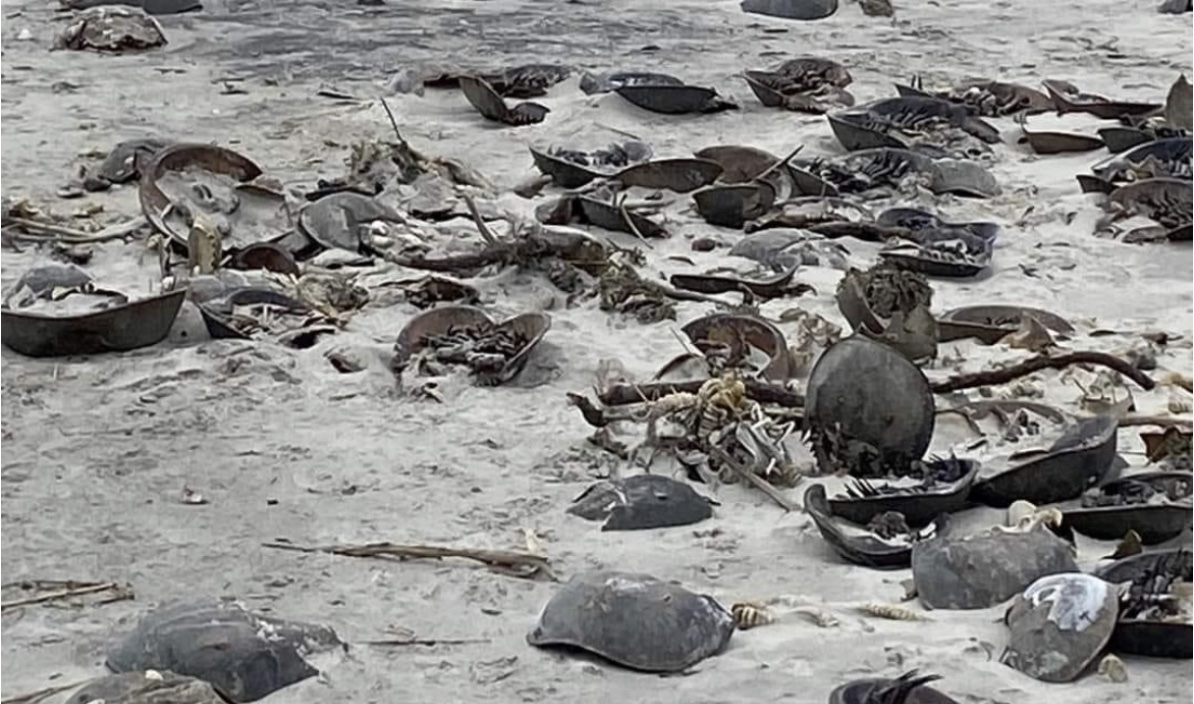In September, a Monmouth County resident found something unique at Union Beach on the Raritan Bay and the northern Jersey Shore. Emilee Carton was surprised to see a large pink bird that she thought was a flamingo.
That day she witnessed the Roseate Spoonbill that had made appearances all over the state. In South Jersey, it was found in Cumberland County seven years ago. The rare sightings of these birds mean that many are leaving their native habitats because of an increase in natural disasters and higher temperatures up north.

From a Facebook post on the Birds of South Jersey group, a member posted on Sept. 14, a picture of the Roseate Spoonbill up on the trees. Many members were in awe of the sighting; some even reported that they had no idea they were found in New Jersey.
Joe Gliozzo, a wildlife photographer, spoke about his first time finding the rare bird in Cape May, N.J. The sighting was from seven years ago, but Gliozzo still remembers the day he was at the Cape May Hawkwatch, an event where bird watchers spend many hours observing the hawks during migration.
He never expected to find the Roseate Spoonbill up on a tree.
“I just picked that day to go down there for that and while I was down there, I was only 40 minutes away from where the Roseate Spoonbill was hanging around for a couple weeks,” Gliozzo said.
While these sightings have been multiplying along South Jersey’s coast, could these rare birds be in danger? Is the changing environment impacting their migratory habits? Climate change is not only affecting humans, wildlife is also threatened with high levels of displacement, habitat loss, and temperature changes.
The Roseate Spoonbill comes from a different climate. Regularly, these rare species are found on the coasts of Florida, Texas, and southwest Louisiana in small flocks. Unlike the tropical heat in these states, the southwest climate in N.J. experiences similar warmth, without sandy soils, and higher nighttime temperatures.

The Roseate Spoonbill and other southern birds flying away from home can be known as vagrant birds, defined as, “… a species that is currently outside their wintering and breeding area,” by Michigan State University’s W.K Kellogg Biological Station Bird Sanctuary. The increase in global warming has resulted in birds leaving their native nests and finding something more suitable. Since the south of the country is warming quicker, vagrancy for southern birds increases.
Jose Ramirez-Garofalo, a Ph.D. candidate at Rutgers University and director of the Freshman’s Biological Station in New York City, studies how southern bird species are moving northward and how climate change is playing a role in biodiversity.
“The thing that you’re describing is a process that we call geographical range shift, where you have some species that are moving into a new area, and we’re seeing that happening a lot with climate change,” said Ramirez-Garofalo.
With reports of the state warming faster than the rest of the northeast by 3 degrees Fahrenheit, creating more heat waves, climate change could be a threat to these southern birds. In uncommon territory, these birds have to adapt to the new climate if they decide to migrate to these areas.
It has been found that these birds are in these common areas because of displacement due to hurricanes that have strong winds. However, Ramirez-Garofalo found that this is often not the case for Roseate Spoonbills, as they are more affected by changes in habitat suitability at the Northern Range edge.
“This means that you’re seeing more precipitation and higher temperatures at the range edge, and so that allows them to move their geographic range northward, to track what we call their climatic optimum,” said Ramirez-Garofalo. “The set of climatic conditions that are conducive to Roseate Spoonbills, doing better, having higher reproductive success, having their primary food sources available throughout the year.”
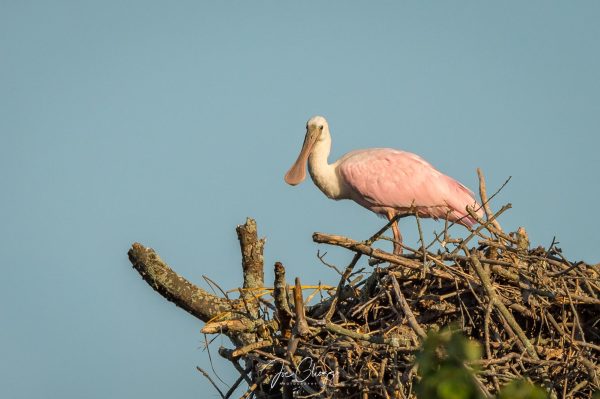
The Jersey coasts are only getting warmer for these birds, as global warming continues to warm the oceans each year. David Wiedenfeld, a senior conservation scientist at the American Bird Conservancy, works to cover bird habitats and climate change.
“The spoonbills are tropical birds. Longer warm seasons give the birds chances to come farther north and still be able to find food and not get too cold,” said Wiedenfeld, “…being tropical birds, the spoonbills don’t like the cold weather.”
In South Jersey, winters can get cold, not as cold as before, but this past February the monthly statewide average was 31.8 degrees Fahrenheit. Before it could not be possible for them to stay for the winter, but every year becomes the hottest year ever recorded.
Moreover, the state could be experiencing warmer temperatures and less snow than usual, according to an article in NJ.com. Now, there is a potential for the Roseate Spoonbill to stay here all winter, if the Garden State continues to warm up.
“Less snow, warmer and earlier springs all give the spoonbills opportunities to explore places and habitats that were beyond their range just a few years ago,” Wiedenfeld said. “Earlier last-frost dates, later first-frost dates, and in general a longer, warmer spring-summer-fall give them a better chance to find a location, set up breeding site and nest.”
The population of Roseate Spoonbills is stable overall, and sightings in N.J. are only a small representation of their total population. Yet the trend of southern birds heading to New Jersey will become a normal occurrence as they shift off from their regular migration pattern.


